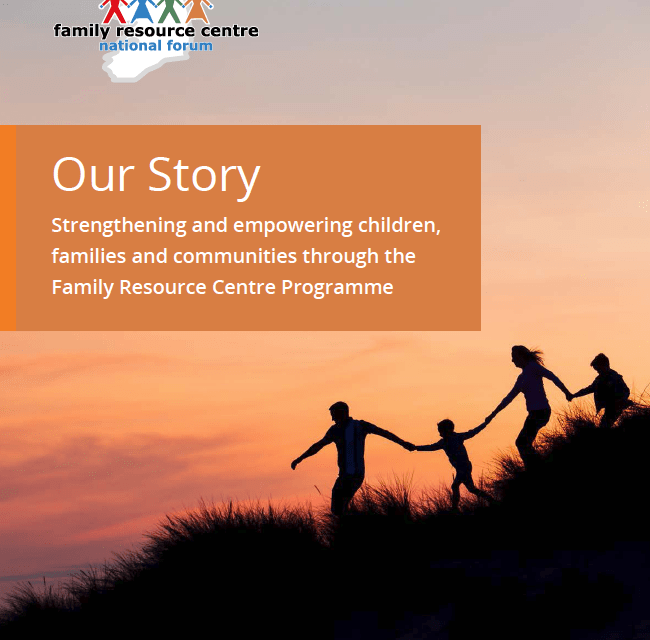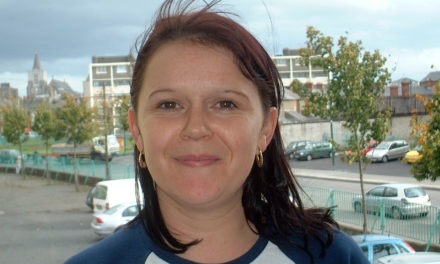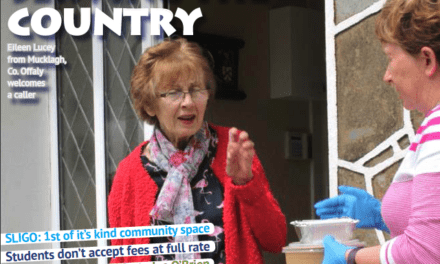SUMMARY: A special report was published last month to mark the 25th year of the national Family Resource Centre Programme. The 60-page visionary document is called ‘Our Story’ and it looks back but also forward as Family Resource Centres celebrate their grassroots successes. In 2020, all 121 centres played an important role in helping communities respond to the pandemic.
The Family Resource Centre National Forum (FRCNF) welcomed ‘Our Story’ for looking at the historical, current, and potential future development of the National Family Resource Centre Programme.
One of the most interesting sections looks at the opportunity cost had we not had Family Resource Centres (FRCs). In another chapter, it is clear the programme compares well alongside supports provided in other European countries.
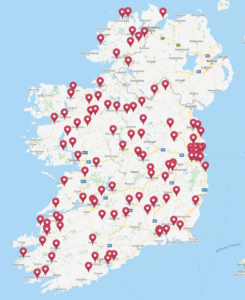
The State’s 121 FRCs could rise to 130 by 2025.
The report was well received by supporters:
Deirdre Hegarty called the 60-page read an “outstanding piece of work outlining the huge amount of support being provided to communities all over the country not just in this time of crisis but all the time”.
Ballyduff FRC in Co. Kerry said it was “a brilliant read” because it described “all the hard work we do as a team, a workload that makes us proud of who we are, what we do, how we do it, when we do it, where we do it and the biggest reason – why we do it.”
The Family Resource Centre Programme is the State’s largest family and community-based support programme and has been in operation for over 25 years. It is today funded by Tusla – the Child and Family Agency.
The report’s main recommendations are to:
- Maintain the core values and practices of the work of Family Resource Centres through raising the public profile of the programme.
- Rebuild operational capacity: human, financial, training, supervision, CPD, networking with Europe.
- Restore and rebuild SPEAK documentation system.
- Give the programme a dedicated Strategic Support Unit.
- Set up a pre-development fund to enable expansion to 130 centres by 2025.
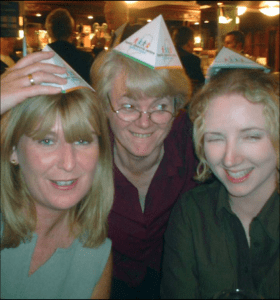
Winter 2001: Jean Garland, Denise Price and Louise Murray in celebratory mood after the launch of the Family Resource Centres National Forum. Click on image for full report and more photos. Photo: Changing Ireland.
Family Resource Centres reached most vulnerable during 2020
Throughout the pandemic, FRCs actively promoted important Covid-19 public safety recommendations and advice amongst harder-to-reach communities.
Clare Cashman, Forum chairperson, said: “Since the outbreak of Covid-19, Family Resource Centres throughout Ireland have played a key role working on the ground supporting communities.”
FRCs proved they can “effectively communicate the changing public health advice and provide vital supports (that) respond to the direct needs of some of our most vulnerable in society.”
FRCs could see when people were likely to “let their guard fall which may inadvertently result in the spread of Covid-19” said Ms. Cashman and they responded appropriately.
In the first lockdown, FRCs saw an increase in the number of people seeking mental health support and food and essential home supplies. They received more calls than normal from migrant communities, including those in direct provision.
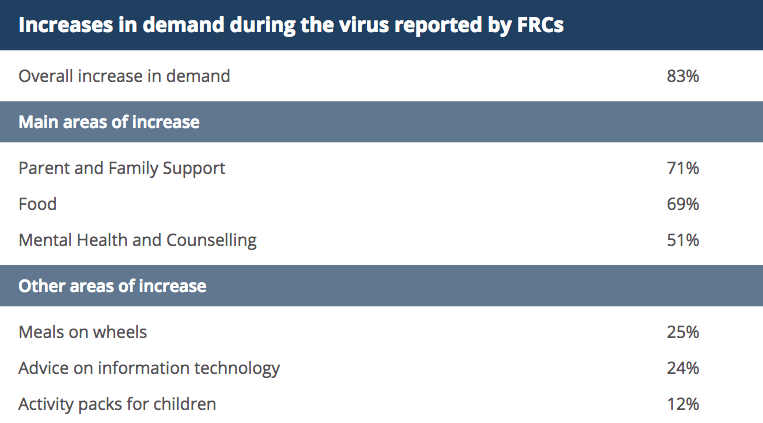
Since March, FRCs have broadened the range of services they provide, after experiencing an increase in demand “from many new people who had never used FRC services before, such as older people cocooning”.
For example, all FRCs now use a ‘Digital Toolkit’ and use social media to reach their target audiences.
The ‘Our Story’ report shows how FRCs work with individuals, families, communities and government in responding to locally identified needs. The report can be downloaded from the Forum’s website.
Download the ‘Our Story’ report here.


